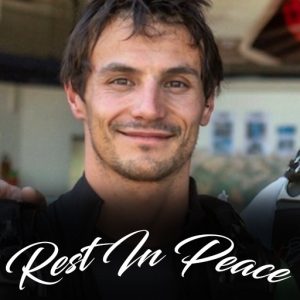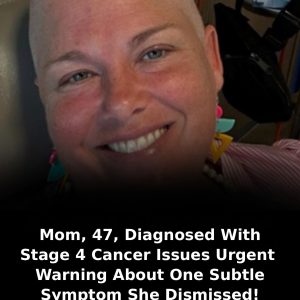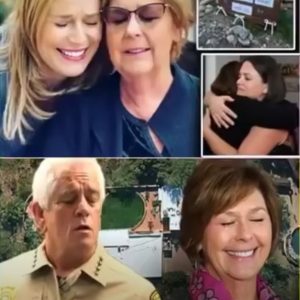I was filling up my Harley at a gas station when I heard a young woman’s panicked voice. “Please, sir, please don’t. He’ll get so angry if he sees you helping me.”
I’d already put my card in her pump before walking over. “It’s already going, sweetheart. Can’t stop it now.”
“You don’t understand. My boyfriend… he doesn’t like anyone helping me. He says it makes him look weak. He’s inside getting cigarettes, and if he sees you—”
“How much does he usually let you put in?” I asked.
Her face crumpled. “Whatever these coins buy. Usually about half a gallon. Enough to get home.”
I’m sixty-six, ridden for forty-three years. But something about her fear made my blood run cold. “Where’s home?”
“Forty miles. Please… stop. He’s going to come out any second and think I asked you for help.”
I finished the tank. Forty-two dollars. She stared in horror. “Oh my God… he’s literally going to kill me.”
“Why would he do that?” I asked, but I already knew. The bruises on her arms told me everything.
“He’s dangerous when he’s mad. Please, just leave. Now.”
“I’m not leaving you here, sweetheart.”
She backed away, trembling. “You’re making it worse!”
That’s when he came out. Tyler. Early twenties, tattoos, muscles—one of those guys who grow bigger when there’s an audience.
He saw me, saw the full tank, and his face went dark. “The hell is this? I leave you alone five minutes, and you’re out here begging strangers for money?”
“She didn’t ask for anything. I filled it,” I said.
He sneered. “Mind your own business, old man. This is my girlfriend and my car.”
He grabbed her arm. I stepped between them. “I don’t think she wants to go with you, son.”
Tyler laughed, ugly and loud. “Brandi, tell him you’re fine!”
I knelt slightly to her level. “Brandi… do you feel safe with him?”
She was silent. Body shaking. Then: “Help me.”
That was all it took. Tyler swung at me; I caught him and pressed him against the car. Years of riding, construction, Marines—it was over before it began. People were filming, sirens approaching. The cops arrived, saw his abuse, his warrants, and arrested him.
Brandi collapsed against a pump, sobbing. An older woman held her. A female officer helped her call a domestic violence shelter. Brandi explained everything: Tyler’s control, the bruises, the daily fear. He never let her have more than three dollars for gas, afraid she’d try to leave. That’s why she’d been crying, counting coins, desperate to get home.
I handed her three hundred dollars from my wallet—gas, food, a way back to Nebraska. “Consider it a gift from an old biker who’s seen too many women hurt.” She hugged me tight. “Thank you. I’ll pay you back!”
“Don’t pay me back. Just get somewhere safe. And next time, help someone else in need.”
I later followed up. Brandi made it home safely. Her mom cried seeing her. Tyler remained in jail. Two weeks later, I got a letter and a photo. She was with her mom, smiling. “This is what freedom looks like,” she wrote. She’d enrolled in community college, planning to become a social worker to help women like her.
Brandi graduated. She now works at a domestic violence shelter, helping others escape. She sends updates about the lives she’s changed. Last month, a photo arrived: Brandi with her first car, a full tank of gas, bought with her own money. “Thank you for teaching me I deserved better,” she wrote.
I shared the story with my biker brothers. Our club president said, “That’s what we do. We protect the vulnerable. Stand up to bullies. Help those who can’t help themselves.”
We’re not the criminals people think we are. We’re the ones who stop, who speak up, who give someone a lifeline when no one else will. One full tank of gas can save a life. It did that day. And Brandi is saving more, one act of courage at a time.





